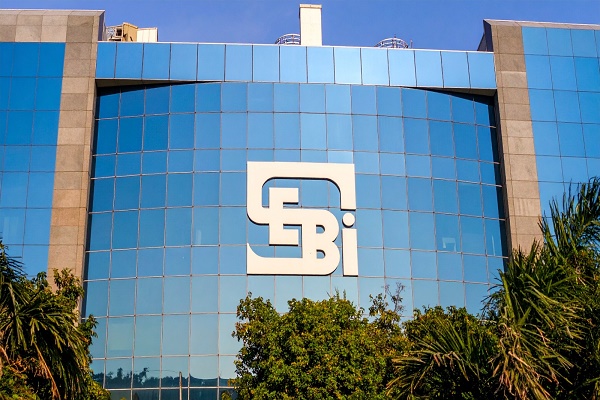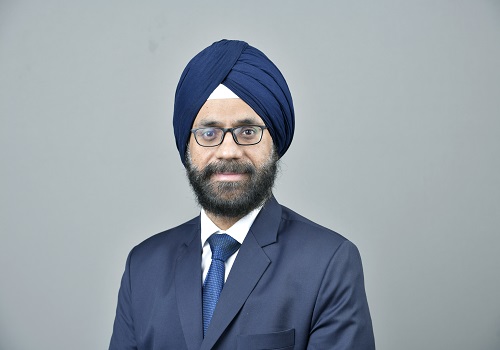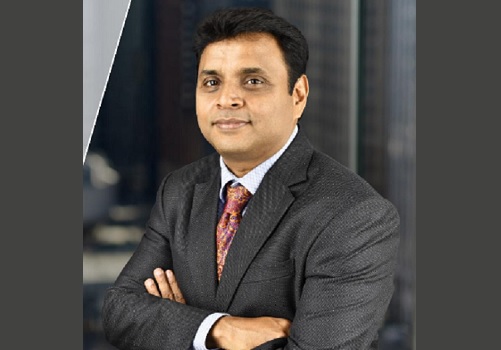Comment on SEBI board decisions by Ajay Garg, CEO, SMC Global Securities

Below the Comment on SEBI board decisions by Ajay Garg, CEO, SMC Global Securities
In its latest meeting, SEBI focused on promoting ease of doing business through simplified regulations for PSUs, start-ups, and AIFs. SEBI has eased the process for voluntary delisting of specified PSUs where the government holds at least 90% equity. This is in line with the government’s aim to simplify the exit route for such entities and remove the previous regulation wherein a two-thirds majority is needed from public shareholders.
For start-ups, SEBI has relaxed restrictions on ESOPs, allowing founders to retain their ESOPs issued in the one year prior to DRHP filing. This move is aimed at supporting the startup ecosystem, helping companies considering reverse flipping, and facilitating their IPO process.
The SEBI board has also provided flexibility to Category I and II AIFs to offer co-investment opportunities to investors within the AIF framework. This will allow AIFs and investors to co-invest and support capital formation in unlisted companies. This means that these AIFs can now offer co-investment to accredited investors, wherein the manager can offer additional investment opportunities as allowed in the PMS route.
The board has approved a proposal to ease regulatory compliance for FPIs investing only in G-Secs, such as less frequent obligatory KYC reviews and the removal of the requirement to disclose investor group details under the FAR. As of March 2025, FPI investment in FAR-related securities has already exceeded ?3 lakh crores, and these measures are further expected to boost investment by FPIs.
SEBI has made it mandatory for certain shareholders, including promoters, directors, key managerial personnel, and employees, to hold their shares in demat form before a company files its DRHP. Dematerialisation offers many advantages, including reducing fraudulent activities, enabling faster transfers, and minimizing legal disputes. By bringing in more shareholders in the demat process, this will reduce the number of physical share certificates and promote transparency and regulatory compliance.
Additionally, SEBI has made it mandatory for listed companies to issue securities only in dematerialised form during corporate actions like share consolidation and split. This move is aimed at stopping the creation of new physical share certificates and encouraging more investors to hold their securities in demat form.
The Board has approved the use of liquid mutual funds and overnight funds to meet the deposit requirements for Investment Advisers (IAs) and Research Analysts (RAs) as per their regulations. This gives IAs and RAs an additional option, along with bank fixed deposits, to comply with regulatory requirements and helps in promoting ease of doing business.
Above views are of the author and not of the website kindly read disclaimer





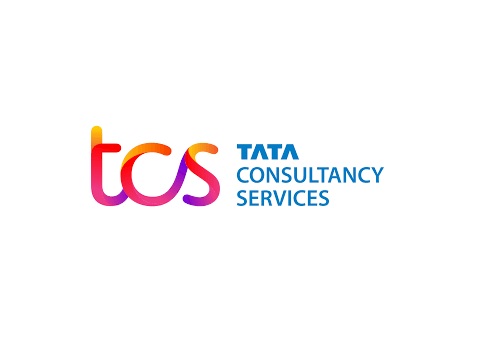




Tag News
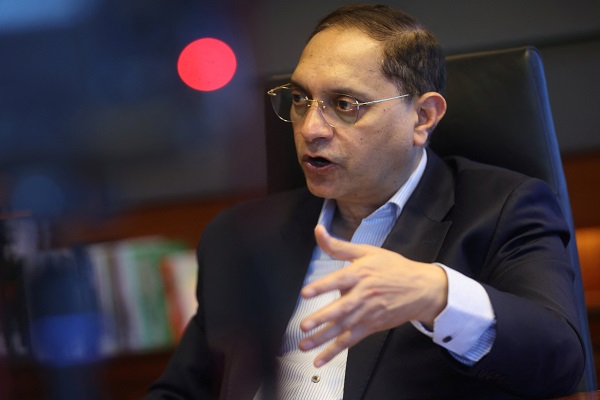
India watchdog presses banks, other regulators for stricter insider trading enforcement


